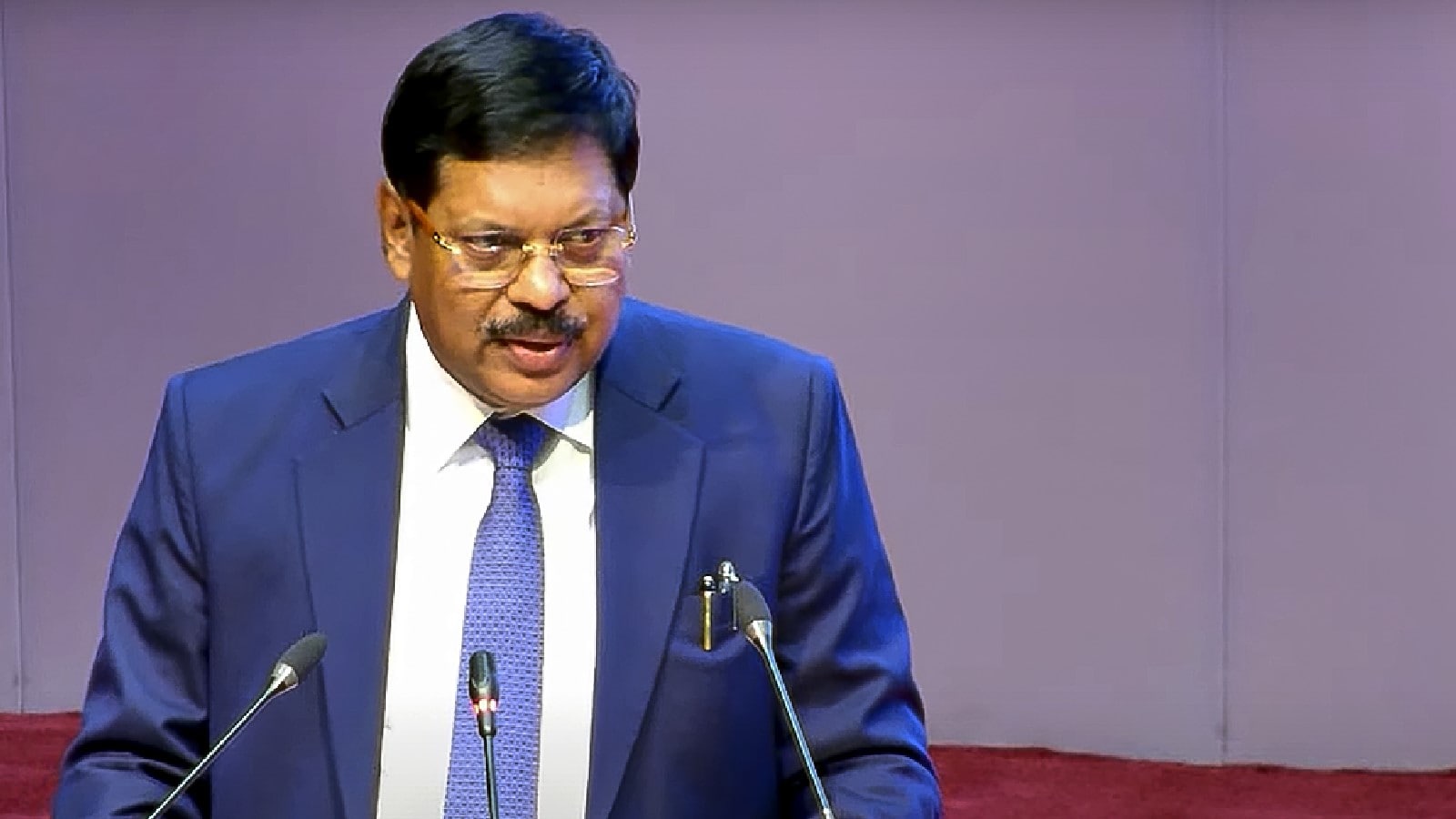AI in Courts: CJI Gavai Stresses Human Judgement Remains Paramount

In a significant address, Chief Justice of India (CJI) D.Y. Chandrachud (Gavai) has underscored the crucial role of human intellect and empathy in judicial decision-making, emphasizing that technology should serve as a complement, not a replacement, for the human mind. This comes at a time when the integration of Artificial Intelligence (AI) in various sectors, including the legal field, is rapidly gaining traction.
The CJI's perspective highlights a critical consideration as courts increasingly explore the potential of AI for tasks such as legal research, case analysis, and even predicting outcomes. While AI offers undeniable advantages in terms of efficiency and data processing, the CJI cautioned against over-reliance on these tools, particularly when dealing with complex legal matters.
“Complex legal issues frequently necessitate a nuanced understanding of the human context, the broader societal implications, and the inherent ethical dilemmas involved,” the CJI stated. “These are aspects that AI, in its current state of development, is simply not equipped to fully comprehend or account for.”
The Human Element in Justice
The core of the CJI’s argument lies in the recognition that justice is not merely about applying legal rules; it’s about applying them fairly and justly, considering the unique circumstances of each case and the impact on all parties involved. Human judges bring to bear a wealth of experience, emotional intelligence, and moral reasoning that AI cannot replicate. They can assess credibility, interpret subtle cues, and adapt their judgment based on the specific needs of the situation. Consider a case involving a minor infraction where the defendant is struggling with poverty and lack of opportunity. An AI might simply recommend a standard fine, whereas a human judge could consider alternative sentencing options that address the root causes of the offense and offer the defendant a path towards rehabilitation.
AI as a Tool, Not a Substitute
The CJI isn’t advocating against the use of AI in the judiciary. Rather, he is advocating for a responsible and cautious approach. AI can be a powerful tool to assist judges in their work, freeing them from tedious tasks and providing them with valuable insights. For example, AI can rapidly sift through vast amounts of case law to identify relevant precedents, or analyze legal documents to highlight potential inconsistencies. However, the final decision-making authority must always rest with a human judge who can exercise discretion and ensure that justice is served.
Navigating Ethical and Societal Implications
The CJI’s remarks also touch upon the broader ethical and societal implications of AI in the legal system. Algorithmic bias, for instance, is a significant concern. If AI algorithms are trained on biased data, they can perpetuate and even amplify existing inequalities. Ensuring fairness and transparency in AI systems is therefore paramount.
Furthermore, there are concerns about the potential for AI to erode the public’s trust in the judiciary if decisions are perceived as being made by machines rather than by human judges. Maintaining public confidence in the impartiality and integrity of the courts is essential to the rule of law.
The Path Forward
The CJI’s message is clear: AI has a role to play in the future of the Indian judiciary, but it must be implemented thoughtfully and ethically, always with the understanding that human judgement remains the cornerstone of justice. The focus should be on leveraging AI to enhance, not replace, the capabilities of human judges, ensuring that the pursuit of justice remains firmly rooted in human values and principles. This requires ongoing dialogue, rigorous testing, and a commitment to transparency and accountability in the development and deployment of AI-powered legal tools. The Indian judiciary is poised to embrace the benefits of AI while safeguarding the fundamental principles of fairness and justice for all citizens.





